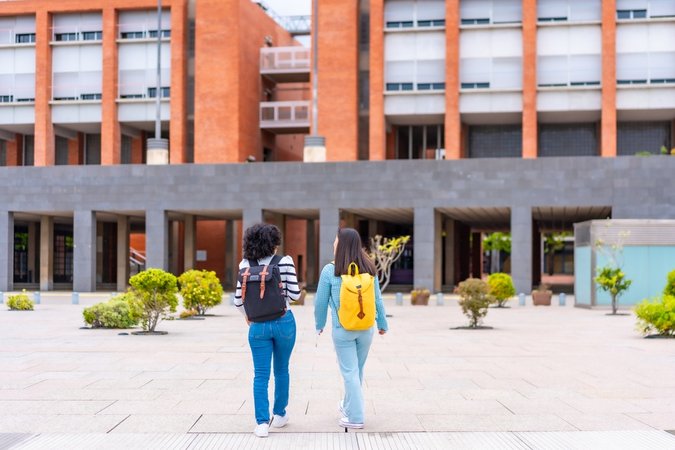The Critical Minerals Research Lab Welcomes A New Cohort
What’s the story?
Sixteen PhD students will comprise the 2025–2026 cohort of the Critical Minerals Research Lab, a virtual hub for students to develop expertise on critical minerals and the energy transition.
The lab aims to help students improve their research and, in turn, the policy recommendations that emerge from their work. The cohort will participate in bi-weekly meetings, presentations and discussions of policy-relevant topics, and collaborate with each other on interdisciplinary research projects.
The names, affiliations, and broad research interests of the new cohort are below.
- Sara Alavi, University of Texas at Arlington—Critical mineral supply chains
- Jordan Calderon, Colorado School of Mines—US mining policy
- Savannah Carr-Wilson, Duke University – Impacts and benefits of critical mineral mining
- Madeline Craig-Scheckman, Northeastern University—Geopolitics of critical minerals and green industrial policy, with a focus on US-China competition
- Lorena De La Puenta Burlando, University of California, Los Angeles—Lithium mining policies
- Nathaniel Dolton-Thornton, University of California, Berkeley—Political economy of critical mineral supply chains, with a focus on China and Latin America
- Simon Duex, University of California, Davis—Industrial ecology and the role of critical minerals in the clean energy transition
- Victor Freret, Federal University of Rio de Janeiro—Global and national implications of critical metal demand driven by battery technologies
- Thomas Hale, University of Delaware—How subsurface geologies shape strategic decisionmaking and surface-level conflict
- Trissanne Keen, University of Michigan—How industrial policy shapes competitive dynamics in the electric vehicle industry
- Chrissie Pantoja, Duke University—Copper production for the energy transition in Peru and Chile
- America Rocio Quinteros Condoretty, LUT University—Sustainability and circularity of critical raw material value chains
- Umama Rahman, Oregon State University—Energy policy and energy economics
- Emilia Ravetta, Colorado State University—Lithium mining governance in Argentina
- Jason Yao, Carnegie Mellon University—Systems for diversifying supply of critical minerals and materials
- Terry Zhang, Cornell University—How clean-tech manufacturers adjust sourcing strategies in response to risk
Expert Perspective
“We’re excited to bring back the Critical Minerals Research Lab for a second year and build on the success of the inaugural cohort. The application process this year was competitive, and we feel confident that we have found a stellar group that will use what they learn in this lab to inform their research and, by extension, the broader conversation about this politically important issue.”
—Beia Spiller, RFF Fellow and Director of the Transportation Program
Where can I learn more?
Researchers at Resources for the Future (RFF), Carnegie Mellon University, the Colorado School of Mines, and Stanford University launched the lab in 2024. You can read more about the impetus of the lab in a June 2024 blog post coauthored by RFF Fellow Beia Spiller.
In the summer of 2026, RFF will host a public workshop for the students to present their work. Last year’s cohort presented research on community impacts and public perception; supply chains; extraction sustainability; and alternative forms of extraction.
For more information on how you can get involved, see here or reach out to Spiller at [email protected].
Resources for the Future (RFF) is an independent, nonprofit research institution in Washington, DC. Its mission is to improve environmental, energy, and natural resource decisions through impartial economic research and policy engagement. RFF is committed to being the most widely trusted source of research insights and policy solutions leading to a healthy environment and a thriving economy.
Unless otherwise stated, the views expressed here are those of the individual authors and may differ from those of other RFF experts, its officers, or its directors. RFF does not take positions on specific legislative proposals.
For more information, please see our media resources page or contact Media Relations and Communications Manager Annie Tastet.




